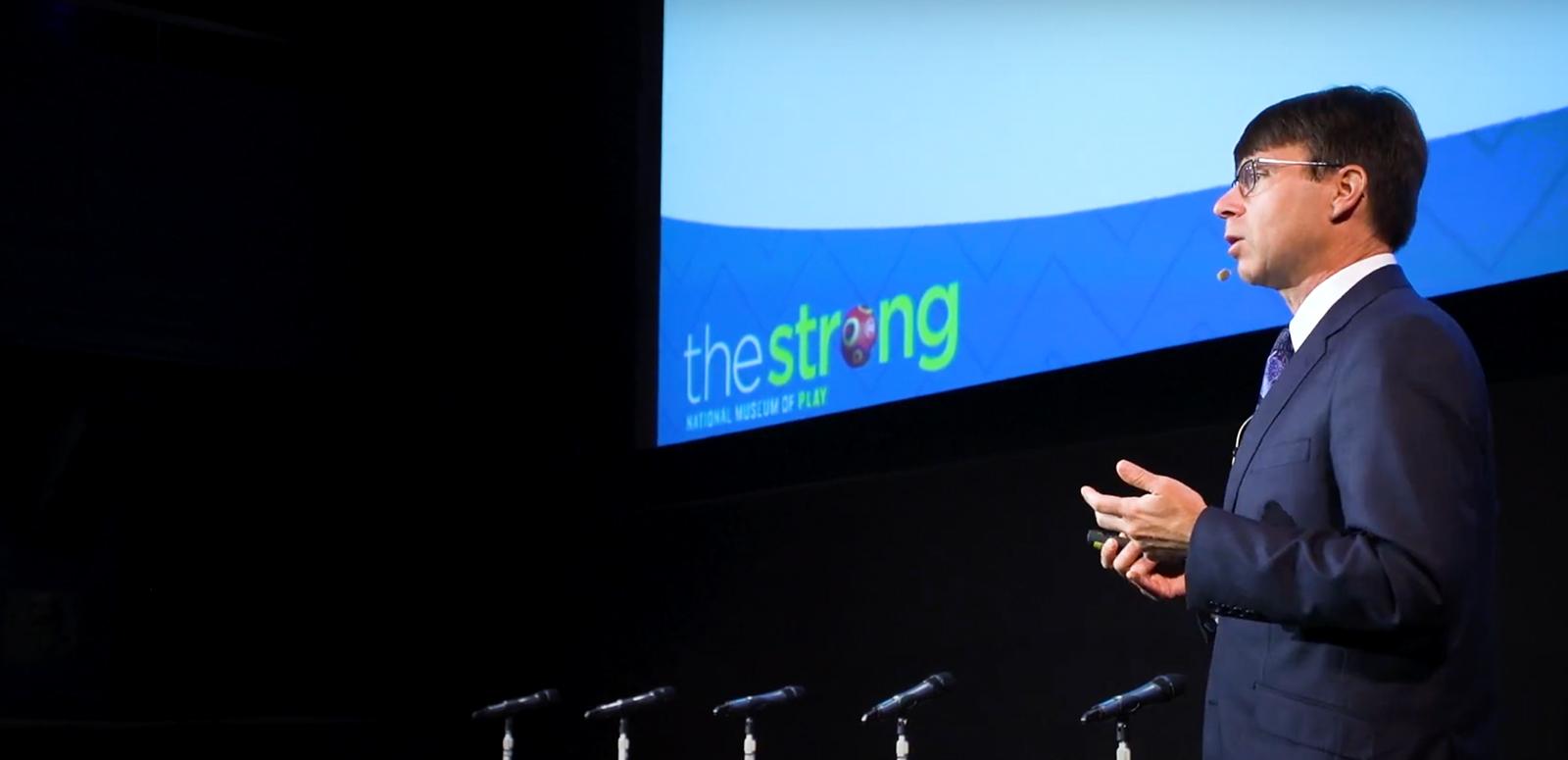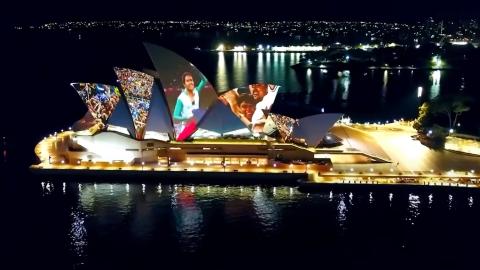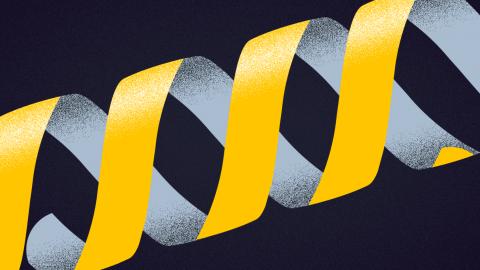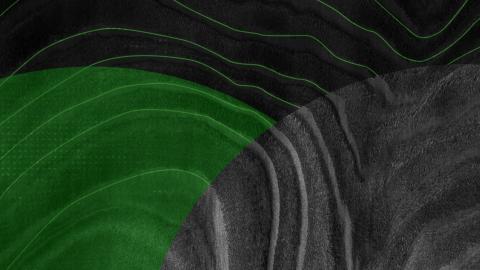Digital Directions brought together people who care about Australia’s cultural heritage in the digital age. From 2015 to 2020, the NFSA hosted symposia exploring issues and opportunities facing digital cultural collections. On 14–15 November 2019, Digital Directions at the NFSA in Canberra brought together some of the brightest minds in the GLEAM (Galleries, Libraries, Educators, Archives and Museums) sector with keynote speakers from Australia and overseas. From preserving Indigenous languages using 3D animated films and the collection and preservation of interactive games to DNA as a storage medium, Digital Directions 2019 offered reflections and provocations about digital culture and the use of digital technologies across the sector.




